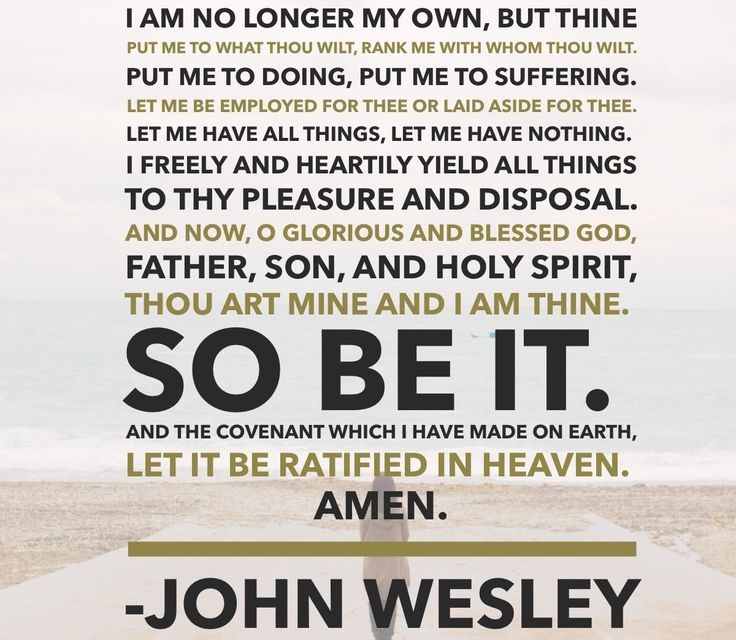Beyond the false hope and charms of the gods of Consumerism plunging the once Christian nations to a post-Christian nations, and church movements to church monuments, Covenant renewal calls us to comply with the gospel. Covenant renewal beyond ethical responses prepares us for the coming of God’s Kingdom in Jesus Christ. God called and made a covenant with the Israelites to be a holy nation, ‘chosen to bear witness to his steadfast love by finding delight in the law.’ The Israelites who had lived in a land where every aspect of life was to point them to the holiness of God suddenly found themselves exiled to Babylon. Their experiences resonates with us today especially in ‘a land of many gods where almost anything was allowed as long as it did not interfere with obeying and paying tribute to the king.’ The reflection is that our generation continue to gain more understanding in an ‘M.B.A. – Master of Babylonian Arts,’ but like Daniel, so as to walk and work in compliance as followers of Jesus Christ in the dominant consumer culture. Tom Stuckey in his new inspiring book, ‘Singing the Lord’s Song in a Strange Land: The Future of the Church in Britain – A Methodist Perspective,’ explained that the global dominating policies, strategies and existence points to the glory of Babylon consumer culture ‘built on money, power, and control.’
In the Mark’s Gospel reading for our Covenant service and first Sunday of Epiphany, Jesus Christ opened His public ministry with three commands: Repent, Believe the gospel, and Come after Jesus. We receive salvation promised in the gospel through baptism with repentance and faith hence Covenant renewal goes beyond John’s one-off event like proselyte baptism or a repeated ritual like the Qumran washing. However, John’s offer of baptism to Jews resonates with our needs for ‘an expression of repentance and as a means of confessing sin and seeking God’s forgiveness.’ David Peterson in his book ‘Encountering God Together: Biblical Patterns for Ministry and Worship,’ explained that, John’s preaching gave baptism the character of a covenant recall or covenant renewal ceremony.
Covenant renewal calls us to a renewed baptism ‘in Jesus Christ our Lord, in his life, work, death and resurrection. In him all people may be set free from sin and its power, and united in love and obedience.’ In the letter to the Colossians we read “you were buried with him in baptism, in which you were also raised with him through faith in the working of God, who raised him from the dead (Colossians 2:11,12). Covenant renewal calls us to a ‘new life in Jesus Christ. For our part we promise to live no longer for ourselves but for God. Covenant renewal summons us to act in response to Jesus’ three commands at the inception of His public ministry. The first step in Covenant renewal is to repent, ‘to make admission of error, of having been in opposition to God,’ by living on our own power and self-willed. We need to repent of our sin, ‘of being in unequivocal need of His forgiveness. The pride of the intellect and the pride of the flesh. John Wesley in 1755 aptly summarised the Covenant prayer and renewal invitation to repent, amendment of life and restitution, and understanding of Christian discipleship: ‘I am no longer my own but yours…’
In repentance, we hand over our life to ‘Christ’s examination as a patient hands over his life to a surgeon, with the understanding that Christ could do with it whatever He willed, whatever He prescribed.’ Christ’s covenant blood ‘takes our sins away; and register our names on high, And keep us to that day,’ the Second Coming of Christ. A patient not only need to know and admit his need, there is also the need to believe, have confidence, comply and follow the surgeon’s instruction he or she entrusted himself or herself to. Covenant renewal calls us to a life of compliance and following Jesus, the Surgeon of all surgeons who is able to heal the most chronic disease, the disease of the soul – SIN. Sin corrupts the soul to be evil hence, sin without cure will turn even Angel into Satan and saint to sinner. Covenant renewal points us to the source of cure for ‘the sin that has made us slow to learn from Christ, reluctant to follow him, and afraid to bear the cross.’ Covenant renewal offers us opportunity for the cure of ‘the sin that has caused the poverty of our worship, the formality and selfishness of our prayers, our neglect of fellowship and the means of grace, and our hesitating witness for Christ.’
To comply and believe the gospel is to trust in Christ’s authority and power, in the complete efficacy of His remedy for our sins, which is the Cross. Covenant renewal remind us how and why Christ as our Saviour bore our sins in his own body on the tree. Just imagine a diagnosis without a cure. Covenant renewal suggests hope for those with an incurable disease to believe and desire for the gospel. Covenant renewal calls us to stop doubting the use of repentance, thinking God will have to take us as we are because we will always be like it. Covenant renewal calls to a compliance to the power of the Risen Christ who is able to break the hold of life-long habits of thinking and doing.











Recent Comments